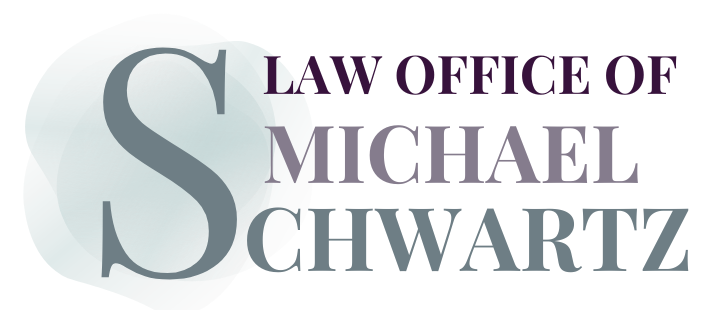For 22 years, I’ve helped many people in Bucks County, PA with bankruptcy. I guide them through financial troubles.
Two paths often considered by those grappling with overwhelming debt are bankruptcy and debt consolidation. Each option carries its own set of implications, benefits, and drawbacks.
Understanding Bankruptcy and Debt Consolidation
Before delving into the nuances of each choice, it’s crucial to understand what bankruptcy and debt consolidation entail.
Bankruptcy is a legal proceeding involving a person or business unable to repay outstanding debts. The process begins with the debtor filing a petition, leading to the evaluation of the debtor’s assets and liabilities. Bankruptcy can result in selling assets (Chapter 7) or making a payment plan (Chapter 13) to repay creditors gradually.
Debt Consolidation involves taking out a new loan to pay off multiple debts. This choice can make your payments easier by combining different debts into one loan with a lower interest rate. It helps you manage your money better and may help you pay off debt quicker than paying each debt individually.
Bankruptcy: The Last Resort or a Fresh Start?
Bankruptcy often carries a stigma, but it should be viewed as a tool for obtaining relief from insurmountable debt and securing a fresh start. Here’s what you need to know:
Pros:
- Immediate relief from collection activities: Filing for bankruptcy invokes an automatic stay, stopping most collection activities, including calls, letters, and wage garnishments.
- Debt discharge: Bankruptcy can lead to the discharge of eligible debts, freeing you from these obligations.
- Structured repayment plans: Chapter 13 bankruptcy allows for the reorganization of debts and creation of manageable repayment plans. In many cases, Chapter 13 plan pay back much less than actually owed.
Cons:
- Impact on credit: Bankruptcy can significantly impact your credit score and remain on your credit report for 7 to 10 years depending on the type of bankruptcy filed..
- Asset liquidation: In Chapter 7 bankruptcy, certain assets may be sold to pay off creditors.
- Not all debts are dischargeable: Some debts, like student loans, child support, and certain taxes, cannot be discharged in bankruptcy.
Debt Consolidation: Simplification or a Prolonged Burden?
Debt consolidation can be an attractive option for those seeking to streamline their payments and possibly reduce interest rates. However, it’s not without its pitfalls.
Pros:
- Simplified payments: Consolidating multiple debts into one loan makes it easier to manage your finances.
- Lower interest rates: A consolidation loan may offer a lower interest rate than high-interest credit card debt, potentially saving you money over time.
- Avoids the stigma of bankruptcy: For those concerned about the social stigma, debt consolidation offers a way to address debt without filing for bankruptcy.
Cons:
- May lead to more debt: Without disciplined budgeting, it’s easy to accrue new debt on top of the consolidation loan.
- Collateral risk: Debt consolidation loans may require collateral, such as your home, putting it at risk if you fail to make payments.
- Long-term commitment: While monthly payments may be lower, the repayment period could be longer, potentially resulting in paying more interest over time.
Making the Right Choice for Your Financial Future
Choosing between bankruptcy and debt consolidation depends on your unique financial situation, your ability to repay debts over time, and your long-term financial goals. Consultation with a knowledgeable bankruptcy attorney can provide invaluable insights and guidance tailored to your circumstances.
In Bucks County, where I’ve spent over two decades helping individuals navigate these challenging decisions, I’ve seen firsthand how the right choice can transform lives. Whether through the fresh start offered by bankruptcy or the structured simplicity of debt consolidation, there is a path forward. Remember, taking control of your financial future is the first step toward regaining peace of mind and stability.


